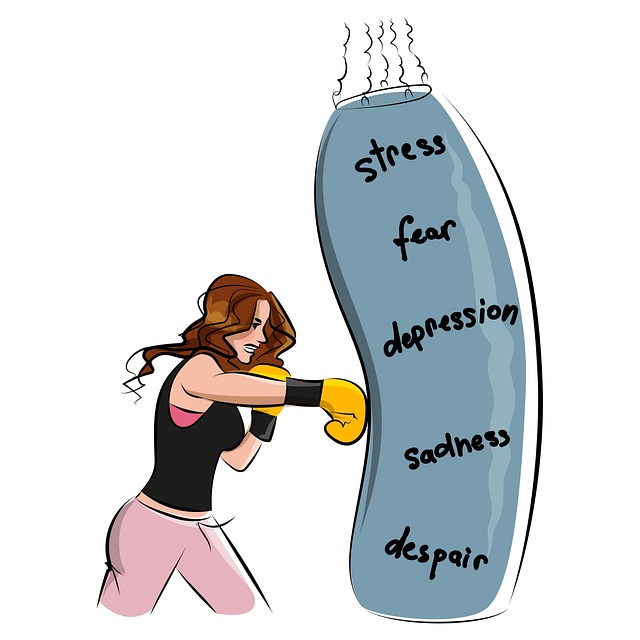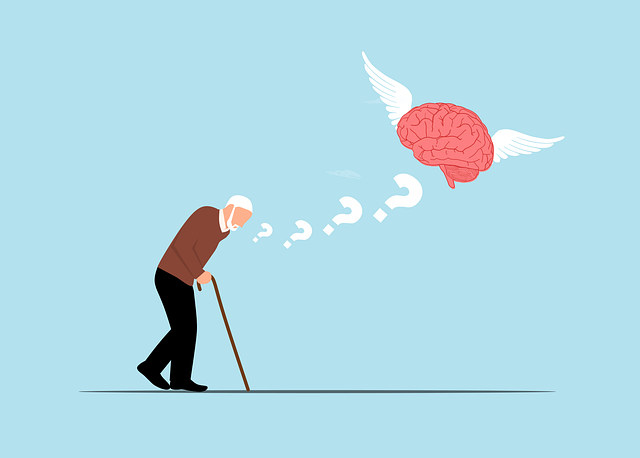Emotion regulation is a key component of optimal mental health, enabling individuals to manage stress, anxiety and challenging situations. Westminster Adjustment Disorder Therapy (WADT) is an effective approach that combines cognitive reappraisal and mindfulness practices to help clients understand and express emotions healthily, improving well-being and relationships. Integrating emotion regulation techniques through structured programs like workshops and podcasts empowers people with WADT to gain adaptive coping mechanisms, stress management skills, and positive thinking habits for long-term resilience.
Emotion regulation is a vital skill for maintaining mental health and overall well-being. In this article, we explore effective techniques that empower individuals to manage their emotions constructively. We delve into the significance of understanding emotion regulation and its profound impact on mental health. Furthermore, we highlight the role of Westminster Adjustment Disorder Therapy as an innovative approach in teaching these techniques. Through practical strategies and real-world integration, readers will discover how to enhance emotional resilience for a more balanced life.
- Understanding Emotion Regulation and Its Impact on Mental Health
- The Role of Westminster Adjustment Disorder Therapy in Teaching Emotion Regulation Techniques
- Practical Strategies for Effective Emotion Regulation
- Integrating Emotion Regulation Techniques into Daily Life and Long-Term Benefits
Understanding Emotion Regulation and Its Impact on Mental Health

Emotion regulation is a critical skill that plays a pivotal role in maintaining optimal mental health. It involves recognizing, understanding, and managing one’s emotions effectively, ensuring they don’t overwhelm or control our thoughts and actions. Individuals with strong emotion regulation abilities are better equipped to cope with stress, anxiety, and challenging situations, fostering resilience and overall well-being.
This concept is increasingly recognized as a key component in therapy and mental healthcare, especially for conditions like Westminster Adjustment Disorder. By teaching individuals techniques to regulate their emotions, therapists can empower them to navigate life’s complexities with greater ease. Moreover, cultural sensitivity in mental healthcare practice is essential, ensuring that emotion regulation strategies are tailored to meet the unique needs of diverse populations, thereby enhancing treatment outcomes and preventing burnout among healthcare providers. Self-care practices also form a cornerstone of this process, encouraging individuals to prioritize their emotional well-being alongside their physical and mental health.
The Role of Westminster Adjustment Disorder Therapy in Teaching Emotion Regulation Techniques

Westminster Adjustment Disorder Therapy (WADT) plays a pivotal role in teaching emotion regulation techniques by focusing on the interconnectedness of thoughts, feelings, and behaviors. This therapeutic approach emphasizes understanding and managing emotional responses, which is crucial for individuals dealing with adjustment disorders or those seeking to enhance their emotional intelligence. By integrating mind over matter principles, WADT facilitates emotional healing processes, enabling clients to develop effective coping mechanisms.
Through WADT, individuals learn to identify and challenge negative thought patterns that contribute to emotional dysregulation. This involves mastering communication strategies to express feelings constructively, rather than reactively. By adopting these techniques, clients gain greater awareness of their emotional triggers and develop healthier responses, fostering better mental well-being and improved relationships.
Practical Strategies for Effective Emotion Regulation

Emotion regulation is a vital skill for navigating life’s challenges and maintaining mental wellness. Teaching individuals practical strategies can significantly enhance their ability to manage emotions effectively. One effective approach is cognitive reappraisal, where people learn to view situations from different perspectives, reducing emotional intensity. For instance, during stressful events, one might reframe it as an opportunity for growth instead of a threat, thereby fostering resilience.
Additionally, mindfulness practices play a crucial role in developing inner strength. Techniques like deep breathing exercises and meditation help individuals stay grounded in the present moment, allowing them to observe their emotions without judgment. This is particularly beneficial for those dealing with conditions such as Westminster Adjustment Disorder, enabling them to respond adaptively rather than reacting impulsively. Incorporating these practices into a structured program, whether through healthcare provider cultural competency training or engaging Mental Wellness Podcast Series Production, can empower individuals to take control of their emotional well-being.
Integrating Emotion Regulation Techniques into Daily Life and Long-Term Benefits

Integrating emotion regulation techniques into daily life can be a transformative process for individuals struggling with disorders like Westminster Adjustment Disorder. By learning and practicing these strategies, one gains a powerful tool to navigate emotional challenges more effectively. Simple yet profound shifts in perspective and behavior can lead to significant improvements in mental well-being over time.
This integration extends beyond immediate relief from distress; it fosters long-term resilience. Regular application of emotion regulation techniques enables individuals to better manage stress, enhance their ability to cope with traumatic experiences, and promote positive thinking. Organizations offering Trauma Support Services and Stress Management Workshops play a crucial role in empowering people to take control of their emotional health, ultimately leading to more fulfilling and balanced lives.
Emotion regulation techniques, when integrated into daily life through practices like Westminster Adjustment Disorder Therapy, can significantly enhance mental health. By understanding emotional responses and employing practical strategies, individuals can navigate challenging situations more effectively. This article has explored the importance of these techniques, highlighting their benefits for long-term well-being. Adopting these skills fosters resilience and allows folks to lead more balanced and fulfilling lives.











